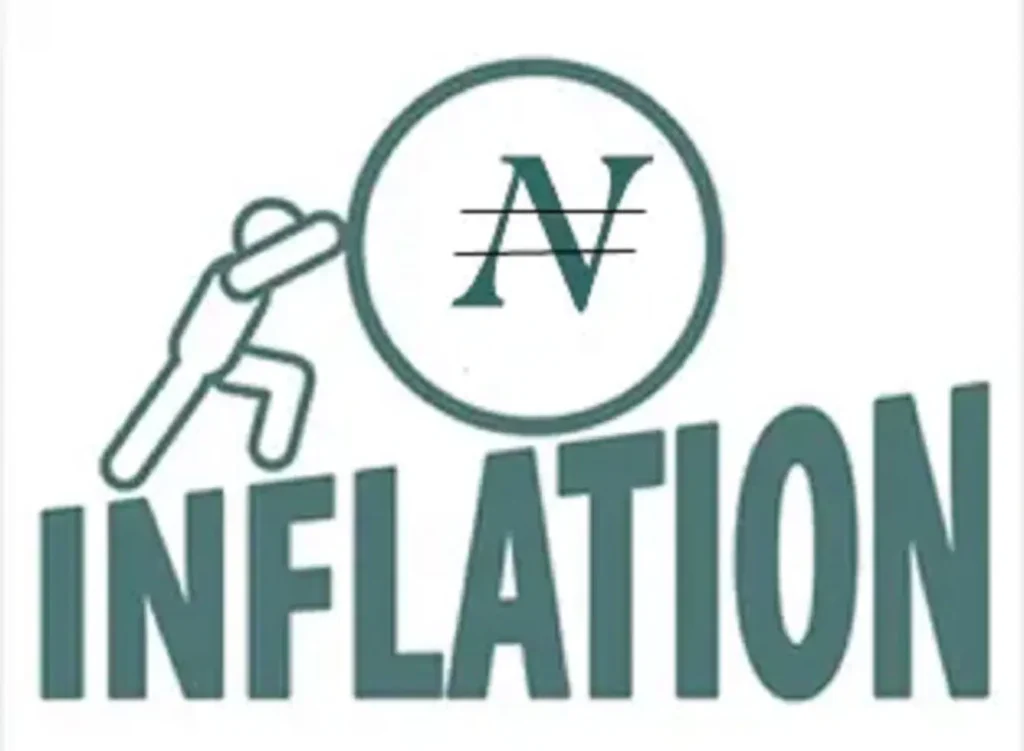The latest NESG-Stanbic IBTC Business Confidence Monitor (BCM) report projects a decline in Nigeria’s inflation rate to 27.1% by December 2025. This projection offers hope for businesses and consumers grappling with prolonged economic challenges, as structural reforms appear to be yielding positive outcomes.
The report notes that inflationary pressures were heightened in 2024 due to the removal of fuel subsidies and the liberalisation of the foreign exchange market. Rising fuel costs and currency depreciation exacerbated expenses across all sectors.
However, a gradual easing of these pressures is anticipated in 2025, with headline inflation expected to remain elevated through the first nine months before declining significantly in the fourth quarter. The report forecasts an average inflation rate of 30.5% year-on-year for 2025, settling at 27.1% by December.
The easing of inflation could influence monetary policy, with the Central Bank of Nigeria’s Monetary Policy Committee potentially adopting a more accommodative stance by late 2025. This may include reducing interest rates to stimulate economic activity.
The report highlights a modest recovery in business performance in December 2024, driven by seasonal festive demand. The Current Business Performance Index improved to +0.77, marking the first positive reading since September 2024.
Sectoral performance, however, remained uneven:
- Agriculture led with a net balance of +13.93, supported by harvest activities and increased demand for produce.
- Non-manufacturing industries displayed resilience, recording a net balance of +5.80.
- Manufacturing, trade, and services sectors faced significant challenges, constrained by high operational costs and infrastructure deficits.
Despite these challenges, optimism about future business conditions persists. The Future Business Expectation Index settled at +28.61 in December 2024, indicating cautious optimism for improved conditions in early 2025, particularly in agriculture and manufacturing.
Key challenges tempering business optimism include:
- High operational costs driven by inflation and exchange rate fluctuations.
- Frequent power outages, compelling reliance on costly alternative energy.
- Limited access to financing and cumbersome tax regulations.
Despite these obstacles, the report forecasts a GDP growth rate of 3.5% in 2025, up from an estimated 3.2% in 2024. This growth is expected to be fueled by:
- Improved conditions in agriculture, manufacturing, and non-manufacturing sectors.
- Stabilization of exchange rates.
- Eased inflation bolstering consumer spending and economic activity.
While challenges persist, Nigeria’s economic outlook for 2025 remains cautiously optimistic. Also, The anticipated decline in inflation and gradual economic recovery reflect the positive impacts of ongoing structural reforms.
Stay tuned to 9am News Nigeria for more Breaking News, Business News, Sports updates And Entertainment Gists.
















